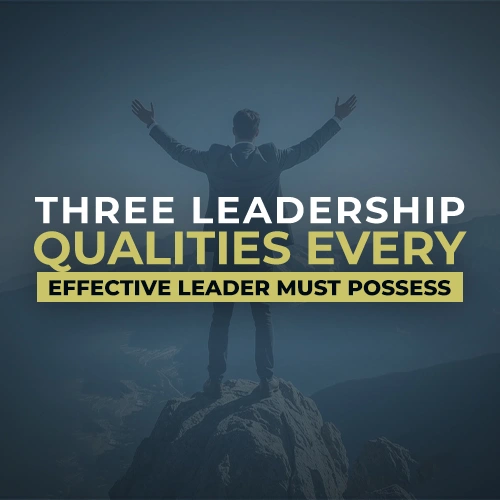What Is Executive Coaching For Leaders? 5 Ways for Navigating Leadership!

Leading today is not just managing people and making decisions. It’s leading with clarity, confidence, and purpose. Well, even veteran leaders still need help to focus, self-awareness, and keep their impact alive. That’s what coaching is all about. So, what is executive coaching for leaders? In fact, it’s a practice of individualized coaching that would help strengthen one’s leadership mindset, behaviors, and outcomes. In a nutshell, it is nothing more than guided self-improvement-by-purposed means. Whether it is a leader of a team or just an entire organization, coaching has to do with becoming a better person from the inside. Here, we will explore five ways that executive coaching helps you with leadership challenges.
Table of Contents
1. Clarity Starts With Self-Reflection
First, knowing oneself better is the first step to leading others effectively. Aside from this, executive coaching helps leaders stop and look at their values, strengths, and blind spots. Reflection here builds self-awareness, which is a powerful quality and greatly assists in decision-making and links people with one another.
In the coaching process, leaders will often discover thought or behavior patterns that they were previously unaware of. These insights lead to greater clarity of thinking, calmness of response, and more authentic leadership. As Author Bill Dickinson shares in his leadership workbook, personal awareness is the first layer of professional excellence.
2. Coaching Sharpens Emotional Intelligence
There are two sides to the Leadership Coaching for Executives: what you do and how you make others feel. One great perk of executive coaching is people get to develop their emotional intelligence. You learn to read the emotional atmosphere in the room, calm your stress, and discern the team’s motivation. This, in turn, will facilitate better communication, increase relationships, and eliminate misunderstandings.
When you build emotional intelligence, it makes you more trustworthy and more approachable. When people feel heard and respected, they will give their best. And that’s how real team success begins.
This connects closely to a rising trend in Leadership Development Author for Executives programs, where self-regulation and empathy are viewed as essential leadership traits, not extras.
3. Focused Goals Make Growth Possible
When everything feels like a priority, leadership can seem overwhelming. Executive coaching takes you to the next level of discerning what really matters. Your coach helps you agree on some clear goals, stress management, conflict management, or just plain listening better. Those goals channel your growth into something that is focused and measurable.
This is where the question is: what is executive coaching for leaders? really becomes practical. It’s not about fixing every weakness, it’s about building on what works and setting a direction for what’s next
4. Feedback Becomes a Growth Tool, Not a Threat
Many leaders fear feedback. It can feel personal or painful. The whole coaching process helps you view those situations as gifts. You learn to receive feedback with an open mind and allow it to direct your improvements.
You learn to deliver feedback that builds others up, not tears them down. That’s the best thing any leader can do. An accomplished coach will walk you through both receiving feedback and delivering feedback.
In many respected programs and tools, like those found in any Book On Executive Coaching Skills, this type of communication work is a central focus.
5. Resilience Becomes Part of Your Leadership DNA
There will be challenges with any leadership position. Coaching does not eliminate those challenges, but gives tools to manage them better. You will learn how to remain grounded in chaos, lead through uncertainty, and bounce back from setbacks.
This creates long-lasting resilience. Moreover, a leader who is resilient inspires a team that never gives up. Even when the going gets tough, they can remain focused.
You have probably witnessed a deep, emotion-steady leader lifting everyone else up when he has been working with an old coach or has followed the advice of a top Leadership Development Author for Executives.
Final Thoughts
Leadership does not mean having answers to everything; it is about asking the right questions and being prepared for growth. It is for this reason that more and more leaders are going toward coaching. It is, however, not a weakness, but a weapon toward strength. As you begin to understand your own patterns, manage your own emotions, and build better connections, your leadership becomes more powerful and more human.
So what is executive coaching for leaders? It is a way in which a good leader can improve himself and become a great one. This brings about clarity and tightens purpose while bringing forth a sustained impact. Lead both with confidence and care.




